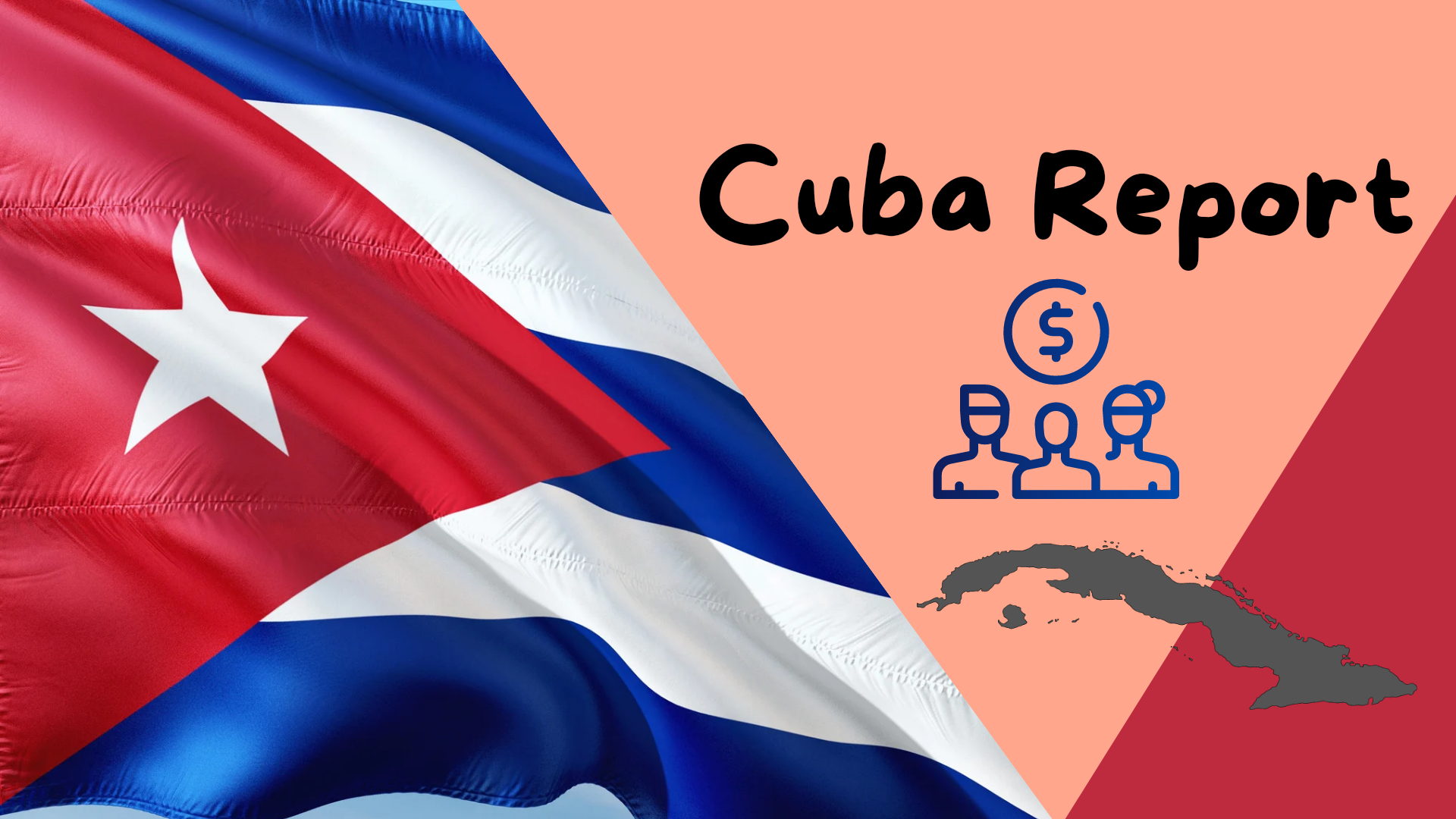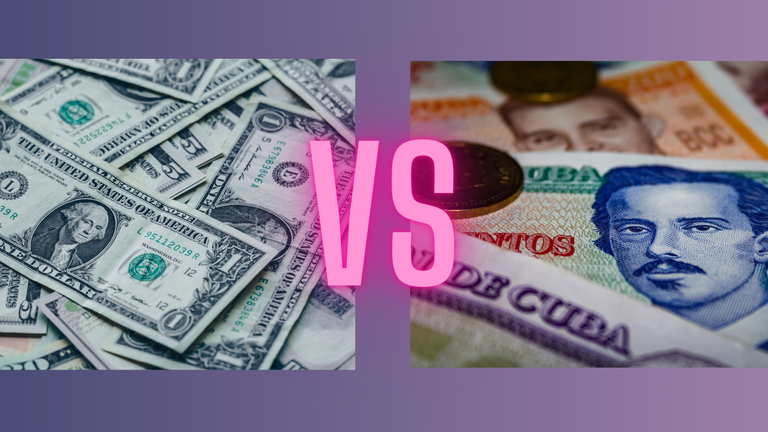Cuba Inside View #16
Warning: Cuba is under the control of a totalitarian state with the only objective of keeping the power at any cost. This report will show you the actual situation in Cuba, that one that the state propaganda tries to deny.

I try to space out, or I do so subconsciously, reports on the internal situation in Cuba because information overload can make people indolent. Especially when news of abuses and misfortunes are constant. And something we cannot allow ourselves is to normalize and accept as natural the suffering of a long-oppressed people.
Recently, the exile of one of the main opposition leader on the island took place. This is the umpteenth case where this resource is used as an escape valve to alleviate international pressure for the release of political prisoners.
A number that grows with each protest held in Cuba demanding freedoms or simply the guarantee of basic services for the people. The most recent and high-profile peaceful protests took place in the town of Baire in Santiago de Cuba and were followed by a wave of arrests and detentions.
Furthermore, the electricity situation has worsened with blackouts of between 16 and even 20 hours a day in most of the country. Today, this is the main obstacle to development and production in the country. It has been primarily caused by the lack of investment in the national electricity system for decades, when the construction of hotels was prioritized. Hotels that remain empty today have most likely been sources of embezzlement and money laundering.
Two points in this regard:
From 2011 to 2019, the government earned more than $15 billion. With annual expenditures of around $8 billion at that time, they had enough money to strengthen and improve the national electricity system (as well as other productive areas in the country). The investment simply went to interests that benefited the country's political oligarchy (members of the National Central Committee of the Cuban Communist Party) and not the people.

SourceGiven the slow recovery of tourism, since no one wants to come to a country where basic services are unguaranteed and Cuban emigrants prefer to send their families to third countries, they have begun renting hotels to foreign companies. In this way, they obtain a secure income and shift the responsibility of attracting tourists to third parties. Undoubtedly, given their own inability, this is a smart strategy. It remains to be seen where the obtained resources are allocated; however, the direct workers of these rented hotels will benefit from better wages and working conditions.
Regarding the previous point, it is curious how foreign companies and businessmen are favored in the economic exploitation of the country's resources and private Cuban businesses are penalized—at least those not owned by them through front men. Cuban private companies face limits that impede their development: limits on contracted workers, prohibitions on certain activities and investments, they are forced to use state intermediaries in certain actions, etc. In other words, Cuban citizens themselves suffer an economic apartheid that is based more on political control than financial grounds.

The value of 1 dollar is 472 Cuban pesos (CUP). Now the Cuba minimum pension is around 6.41 USD, the minimum wage is 4.45 USD, and the average salary is 13.34 dollars; all amounts are on a monthly basis.
This constant devaluation of the Cuban peso renders any increase in pensions or salaries ineffective. The inability of Cuba's totalitarian government to curb it is marked by deliberate inaction. They can always blame external causes and forcefully suppress any voices raised to denounce government cynicism and lies.
Lack of medicines, high cost of food, and political repression are the constant in Cuba. When this fact changes I will report it.
**
Final notes
This is all for today Cuba: Inside View, thanks for reading, and don’t forget to check the other reports here:
Posted Using INLEO